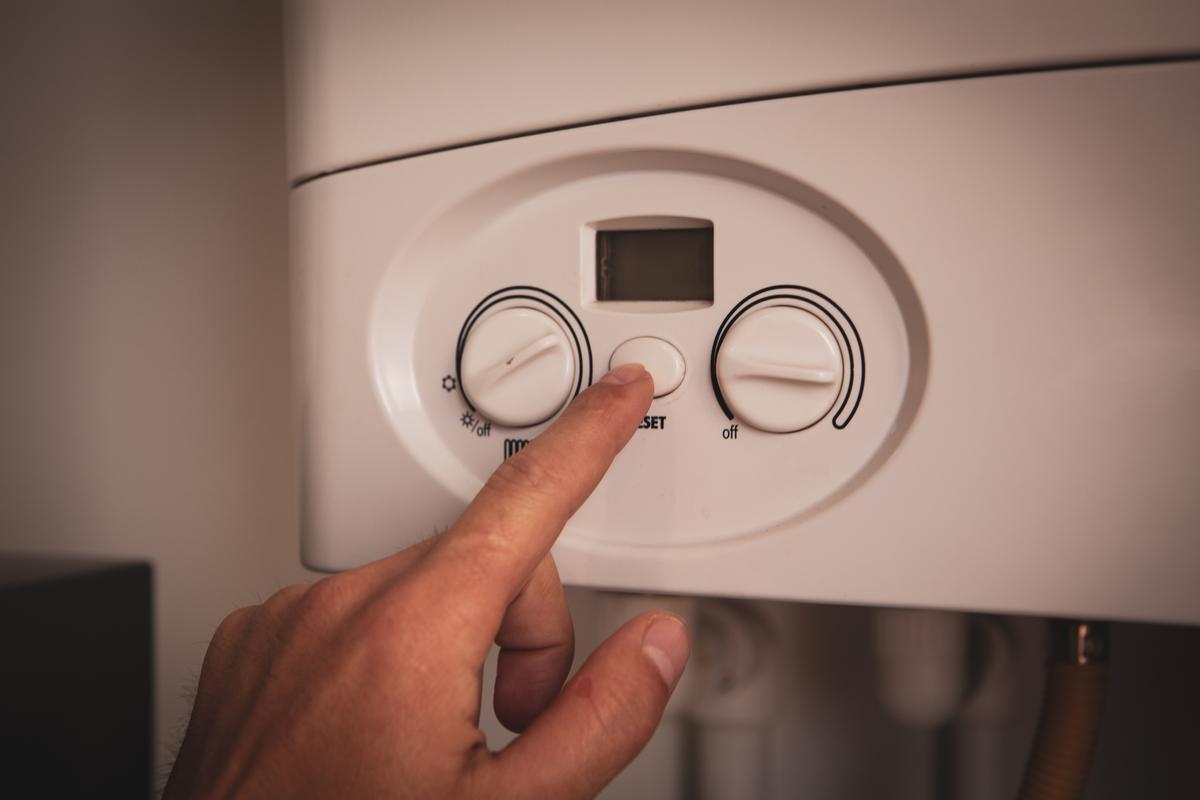Boilers are an essential part of many households, providing both heating and hot water. When your boiler’s pressure drops too low, it can become a significant issue. But what causes low boiler pressure, and how can you address it? This article delves deep into the causes of low boiler pressure, what it means, and the potential solutions to get your heating system back on track. Stick around to find out more!
Experience unparalleled comfort and reliability with our top-notch boiler repair services, ensuring your home stays warm throughout the coldest months! Should your boiler face irreparable issues, don’t worry – we’ve got you covered with our expert boiler installation services. Upgrade your home’s heating efficiency and enjoy a seamless installation process tailored to meet your specific needs and budget. With our team of skilled technicians, you can trust that whether it’s repairs or installation, we’ll keep your home cozy and worry-free all year round!
Why is My Boiler Losing Pressure?
What Does Low Boiler Pressure Mean?
Low boiler pressure means that the pressure of the water within your boiler’s heating system is lower than it should be. This can reduce the efficiency of your system, leading to poor hot water temperature and inadequate heating. A boiler can lose pressure for various reasons, including water leaks or issues with the boiler system.
How Can I Check My Boiler Pressure?
The pressure gauge on your boiler, typically located at the front of your boiler, is the best place to check your boiler pressure. If the pressure is too low, the gauge will usually fall below the green section. You can also refer to the manual for your boiler for specifics on the ideal pressure level.
Causes of Low Boiler Pressure: Why Does It Happen?
Several factors can lead to your boiler losing pressure:
- Water Leaks: A leak in your boiler or any part of your central heating system can lead to reduced pressure.
- Radiator Issues: If radiators are bled, it may temporarily drop the boiler water pressure.
- Pressure Relief Valve Issues: If there’s a leak in the pressure relief valve, the boiler may lose pressure.
How Can I Fix Low Boiler Pressure?
How to Repressurise Your Boiler?
Repressurising your boiler is a potential solution to restore the boiler pressure. Here’s a basic guide:
- Turn off your boiler and wait for it to cool.
- Find the filling loop, usually a flexible silver tube with two handles.
- Slowly open both handles to let cold water into the system. Watch the pressure gauge on your boiler. Once it’s within the green or recommended range, close the handles.
- Turn your boiler back on and check if the pressure remains stable.
- If you’re unsure about repressurising, or if it doesn’t solve the problem, it’s best to contact a gas safe engineer.
When Do I Need a New Boiler?
If your boiler keeps losing pressure and it’s over 10 years old, it might be time for a replacement. Old boilers can become inefficient and may lead to higher energy bills. While the cost of a new boiler can be significant, in the long run, a more efficient boiler can save you money.
Understanding the Boiler Pressure Gauge
What’s the Ideal Boiler Pressure?
The ideal boiler pressure is typically between 1 and 2 bars when the system is cold. If your boiler’s pressure gauge is showing this, then you’re good to go. If it’s too low or too high, adjustments may be necessary.
Is low boiler pressure dangerous?
Absolutely! Low boiler pressure poses significant risks to both your boiler and your household. Low gas pressure to boilers can lead to various dangers, such as carbon monoxide poisoning, boiler malfunction, and frozen pipes. Similarly, low boiler pressure can cause specific hazards, including:
- Boiler Damage: Operating your boiler at low pressure for prolonged periods can lead to severe damage to its internal components, resulting in expensive repairs or even the need for a complete boiler replacement.
- Safety Concerns: In addition to reduced heating efficiency, low boiler pressure can cause heating systems to work erratically. This may lead to unexpected temperature fluctuations, potentially compromising your comfort and safety.
- Risk of Boiler Overheating: Low boiler pressure can trigger the boiler’s safety mechanism, causing it to shut down to prevent overheating. This safeguard is essential to prevent boiler damage, but it can leave you without heating until the pressure is adequately restored.
- Frozen Pipes and Boiler Breakdowns: As mentioned earlier, low boiler pressure can lead to frozen condensate pipes, which may result in a boiler breakdown and the need for urgent repairs.
- Increased Energy Bills: A boiler operating at low pressure will consume more energy to meet heating demands. This leads to higher energy bills, which can be a significant inconvenience for homeowners.
Final Tips and Precautions
The Importance of the Pressure Relief Valve
This valve is crucial for safety. It releases pressure if it gets too high, preventing potential damage to your boiler. Always ensure it’s in good working condition.
Summary
- Boiler pressure is crucial for efficient heating and hot water.
- Low boiler pressure can result from water leaks, radiator issues, or problems with the pressure relief valve.
- Fixing low boiler pressure might involve repressurising the boiler or even getting a new boiler, especially if it’s old.
- The ideal boiler pressure is usually between 1 and 2 bars.
- High boiler pressure is as problematic as low pressure. Always ensure your boiler’s pressure is in the recommended range.
- Keep an eye on the pressure relief valve to ensure your boiler’s safety.
Understanding your boiler and the importance of its pressure will ensure a warm and cozy environment for your home. If in doubt, always reach out to a professional!


